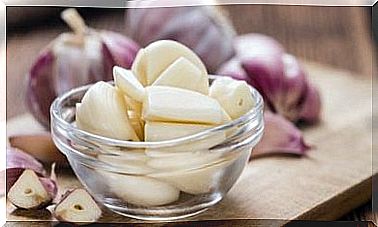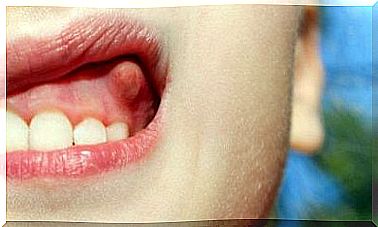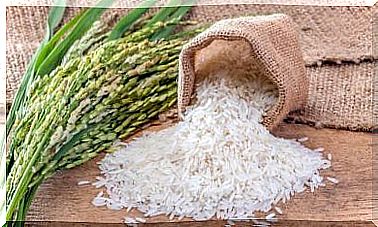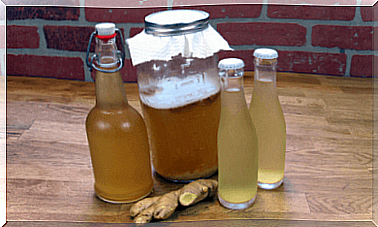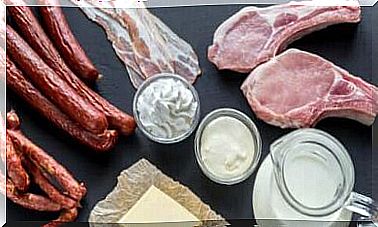The Most Common Food Allergies And Good Substitutes

Food allergies consist of your body’s inability to properly process the proteins found in certain foods. Allergic reactions range from itchy and red skin to severe reactions such as anaphylactic shock. In this article we discuss the most common food allergies and good substitutes for these products.
Food allergies usually start in a person’s first years of life. It depends on the type of food and also the reaction it causes.
What is a food allergen?
An allergen is a substance that can cause an abnormal response in a person’s immune system. A food allergen is a product or ingredient that contains a certain substance (allergen) that can cause severe reactions in allergic persons.
What are the most common food allergies?
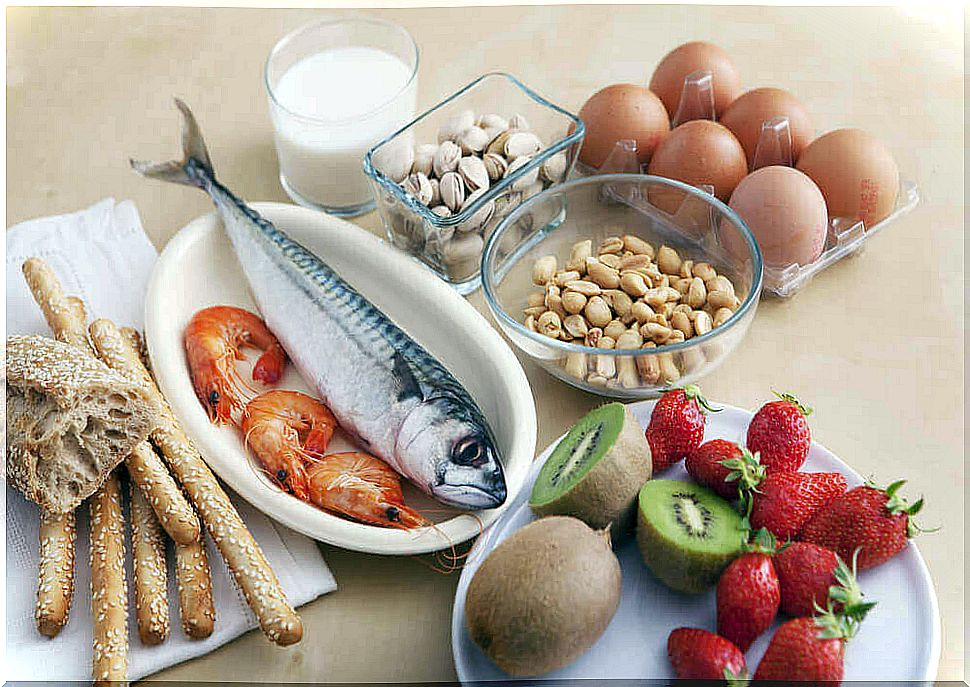
There are currently more than 160 known food allergens. However, according to the Food Allergen Labeling and Consumer Protection Act , the most common food allergies are:
- Milk: The most common allergy is to milk protein, especially in babies. But it can disappear around the age of 3 years. However, this is certainly not always the case.
- Eggs: Eggs can cause serious reactions, including anaphylaxis, which can seriously affect the body and organs in minutes. Immediate medical intervention is then required.
- Fish: Fish can cause very serious reactions. Some people even get a reaction just by smelling it.
- Nuts: The more a food can withstand heat during processing, the worse the allergy can be. This is the case with nuts.
- Peanuts: They are the leading cause of anaphylactic shock.
- Wheat and Soy: While uncommon, grains can cross-react with pollen allergens.
What are the symptoms of a food allergy?
Normally , the symptoms of a food allergy appear within a few minutes to two hours of consuming the food.
Symptoms include:
- hives
- Reddening of the skin
- A tingling feeling
- Itching in the mouth
- Vomiting or diarrhea
- abdominal cramps
- Coughing or noisy breathing
- Dizziness or confusion
- swollen throat
- Chest pressure
- Loss of consciousness
What Causes Food Allergies?

A person with a food allergy must have been exposed to the food at least once before in their life. The complaints appear when the body comes into contact with the food allergen a second time.
So that’s when the person’s immune system antibodies react to the antigen. Histamine causes the symptoms. There are several factors that play a role in triggering a food allergy, such as:
- genetic factors
- exposure to antigens
- change in the permeability of the gastrointestinal tract
- environmental factors
Food Allergen Substitutions
It is true that omitting food allergens completely can cause protein deficiencies in the long run. It can lead to low energy levels as well as a lack of nutrients your body needs, hence the need to replace these products. Below we list some good substitutes for common food allergens.
1. Milk substitutes
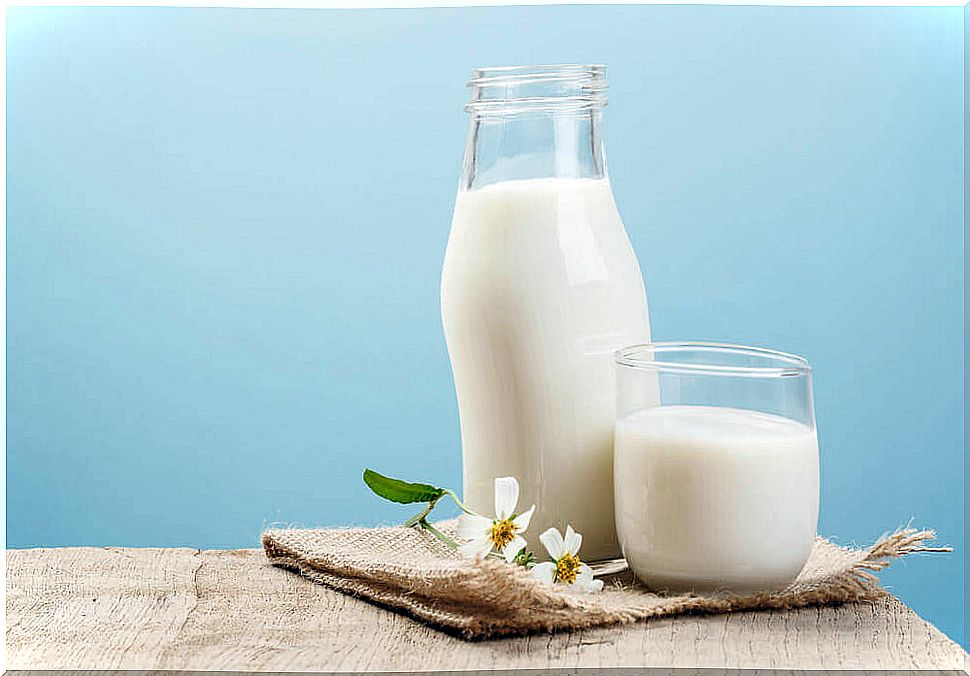
People with a cow’s milk protein allergy (KEA) have nothing to worry about in terms of replacement. There are many other foods high in calcium, including:
- dark green leafy vegetables
- pasta
- legumes
- nuts
- fish
There are also other types of nutritious milk, such as:
- Soy milk: it contains less protein, but no cholesterol. And it provides 50% less fat than whole milk.
- Almond milk: rich in vitamin E and also B12.
- Rice milk: contains vitamin B12, iron and also calcium.
- Hazelnut Milk: Provides calcium, phosphorus, magnesium and potassium, as well as a significant amount of antioxidants.
- Coconut milk: contains calcium, phosphorus, selenium and also folic acid.
- Quinoa milk: contains magnesium, iron, zinc, vitamin E and vitamins B1, B2 and also B6.
2. Egg substitutes
Egg yolks are very nutritious, because they are packed with vitamins and minerals. They contain vitamins (A, E, D, B12, B6, B2, B1 and folic acid) as well as minerals (iron, phosphorus, potassium and magnesium). However, here are some suitable substitutes:
- Meat
- legumes
- Fish
- leafy vegetables
- Pumpkin
- Roots
3. Fish Substitutes
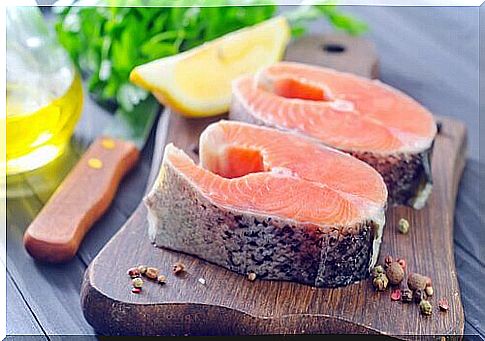
Fish contains proteins and valuable nutrients such as sodium, potassium, calcium, magnesium, iodine , iron and vitamin B. It is also a natural source of polyunsaturated fatty acids. To compensate for fish, you can eat the following:
- Dairy
- Meat
- Eggs
- grain
- legumes
- nuts
4. Nut Substitutes
Many people do not eat nuts, even if they do not have an allergy. But the truth is that they contain protein, fiber, potassium, unsaturated fatty acids, magnesium, phosphorus, vitamin E and calcium. Some good substitutes include:
- Meat
- Fish
- Eggs
- legumes
- Chickpeas
- Olive oil
- Olives
- Avocado
In short, food allergies can be tricky and so self-medicating is not a good idea. Allergens can change unexpectedly and self-medication can backfire. We hope we’ve been able to get you started with these suitable replacements for the most common food allergies.

